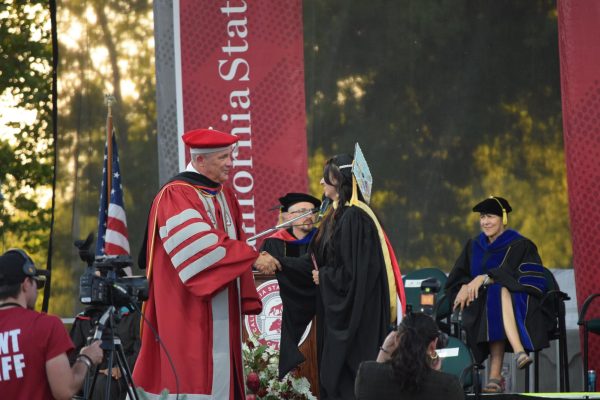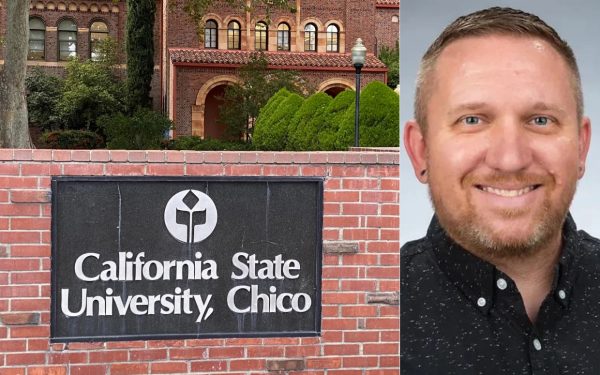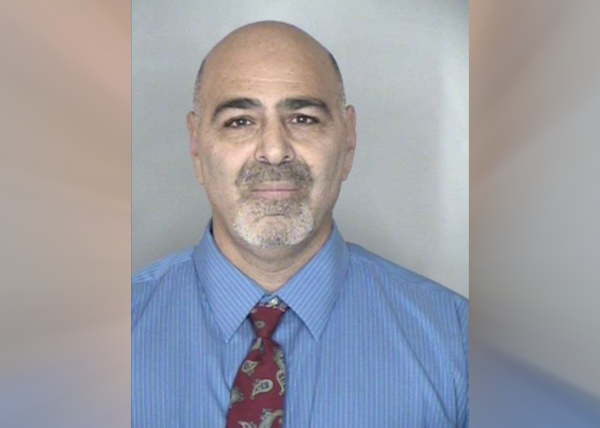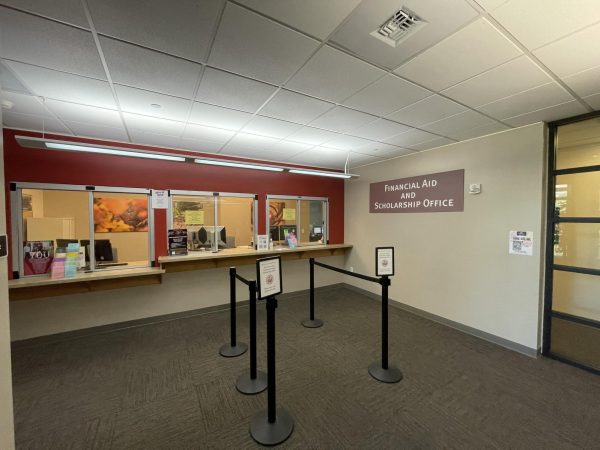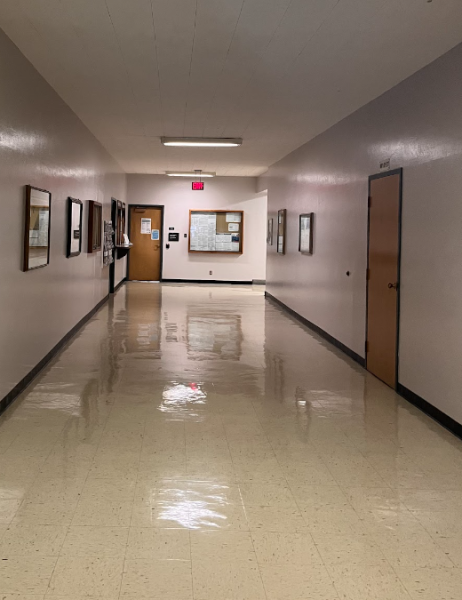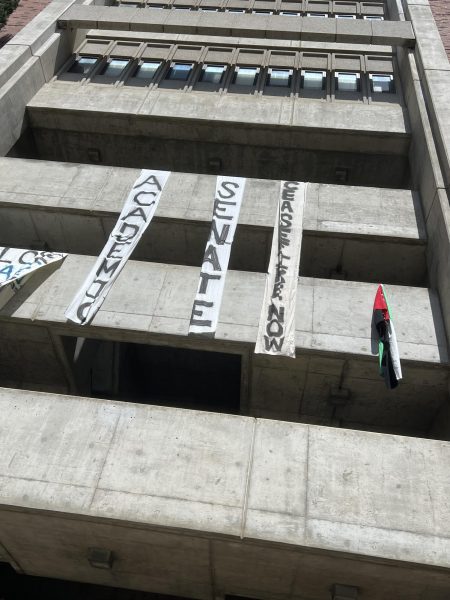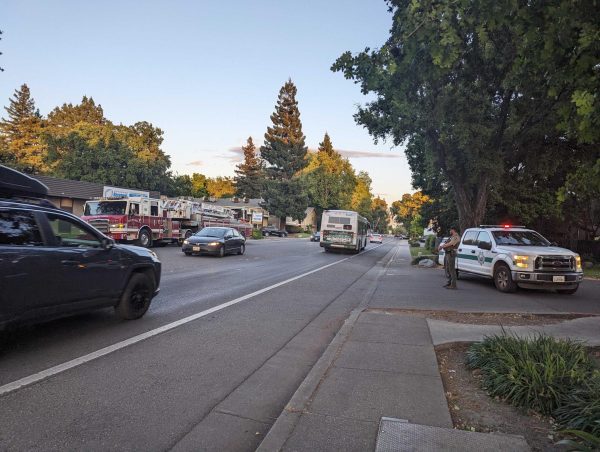Title IX Coordinator Reflects on Interim Hearing Requirement One Year Later
On March 29, 2019, an interim CSU policy went into effect at Chico State requiring all sexual assault investigations to hold a hearing for cross examination of both the victim and the respondent. The policy has generated both critique and praise.
Now, over a year later, the Chico State Title IX Coordinator Dylan Saake has opened up about his professional experience with the new hearing requirement.
“There’s mixed feelings about this policy all the way around,” Saake said. “It was driven by a case that said people being accused of sexual misconduct are not being afforded their due process rights and the protection that they are entitled to, and so that was the driving motivation behind some of these changes. Now what that has meant is that there is much more due process and process built into an investigation.”
The prior model, known as the single investigator model, involved no hearing. Investigators collected information about the incident from the involved parties and then concluded what they believed the evidence showed had happened.
Under the current model, a hearing officer identified by the chancellor’s office, usually an attorney or retired judge unaffiliated with campus, reviews the evidence gathered by an investigator and then cross examines both the victim and the accused with questions they submit to each other before the hearing.
“It’s hard,” Saake said. “You know… for somebody who has experienced sexual misconduct, having to sit and answer questions about what happened is super difficult and triggering. On the other side of that, you have the advocates of people accused saying ‘but that’s what’s necessary to ensure a fair process for everyone’.”
Those opposed to the policy have criticized the complication and length added to the process. Many fear that reports of sexual misconduct will dwindle as victims are discouraged. Saake says that while these protestors have the right idea, they are concerned with the wrong statistic.
“‘Reported cases’ is kind of a misnomer,” Saake said. “We continue to get reports about what’s happening, but the number of folks who are wanting to pursue a full investigation and go through the hearing process has dropped off a little bit from what we saw before with folks who wanted to pursue a formal investigation.”
While the number of reports has fluctuated very little (rising from 74 reports between 2017 and 2018 to 77 reports between 2018 and 2019), the Title IX office has seen an increase in the number of students who choose not to pursue an investigation, but who instead settle for class accommodations and no contact directives which Title IX can offer without the process of a hearing.
A significant factor that may affect a student’s decision to pursue an investigation is the amount of time involved in the full process. A formal investigation can take up to 90 workdays; Saake estimates that with the hearing process after that, students are looking at at least an additional six weeks.
“That makes for a long time,” Saake said. “Ninety work days is more like four months than three and then you add another six weeks, we’re talking a significant amount of time.”
Saake stresses the importance of a good support system during the process.
“Between Safe Place and CLIC, we have some good resources for both people that have experienced sexual misconduct and for people that have been accused,” Saake said. “We try our best to explain it to everyone, but as the hearing process adds all these extra steps, it’s nice to have another person engage in explaining.”
As for the hearing requirement transitioning from an interim policy to a final one, those changes will come when the office of civil rights finishes deliberating on and updating what the full requirements for that policy will be.
“Whenever we adopt a system-wide new policy, there’s a number of channels it has to go through,” Saake said. “Those (updates from the office of civil rights) really could come at any time, and I think that the policy-makers are wanting to wait until those are published so that they can incorporate everything into our final policy.”
Emily Neria can be reached at [email protected] or on Twitter @NeriaEmily









